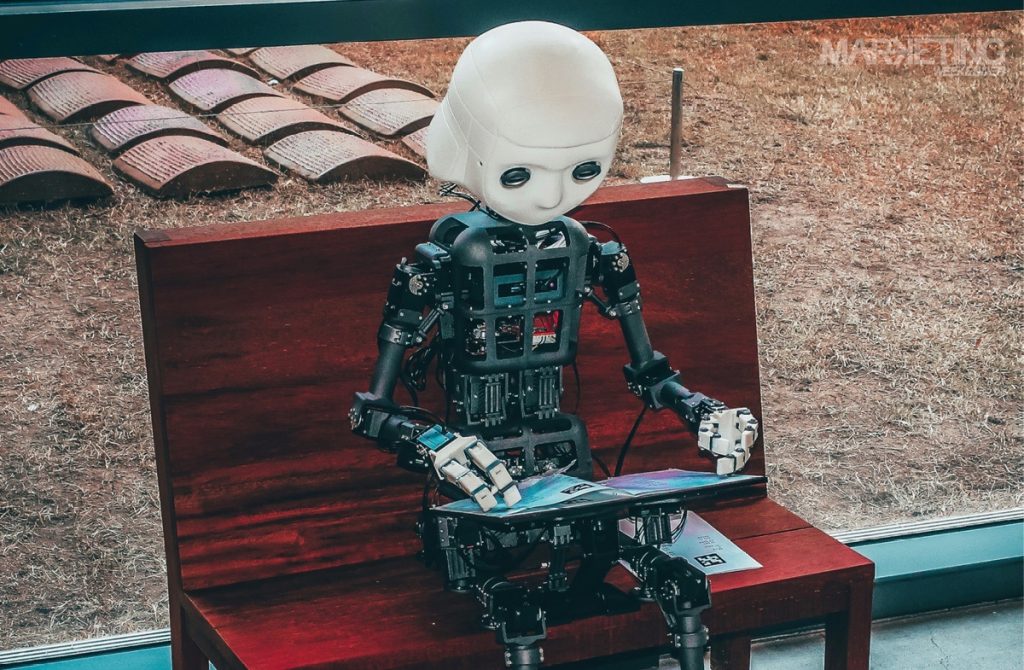Most of the doubts and fears about AI can be summarised into 3 buckets:
BUCKET 1: “I am scared of AI because it will take away my job.”
My response to that: if you are below the age of 50, you do need to worry about the impact of AI in your work life. AI will change advertising for sure. A leading commercial photographer based in Kuala Lumpur tells me he has already lost 20% of his photography business because agencies and clients are producing imagery via Generative AI. This is just year 1 of gen AI. Imagine what will happen in the next 3-5 years as more software proliferates and gets refined.
I believe beyond photographers, production houses and conventional ad agencies who make most of their money through TV production for clients should be even more worried. AI will drastically lower the cost of video content creation. If the DSLR has lowered the cost of video production, such that an ad film which used to cost RM 1 million to produce 10 years ago now costs RM 300,000, just imagine what AI will do to an ad film that costs RM 300,000 today.
If you don’t believe me, take a look at this video.
This was generated by Open AI’s SORA. And it does look real. This software has not been released widely to the public yet, but it’s coming soon. Production houses and agencies will need to look at their cost structures, learn rapidly or literally, AI will be calling it a “wrap” on their businesses.
But is there no hope at all?
I remember 24 years ago, when I was just starting my digital startup career, trying to sell digital marketing to clients in Mumbai who spent less than 1% of their budget on the internet, I felt like I was a truth-teller wandering unacknowledged and unheeded in a desert trying to convince people of the merits of my shill. Slow forward 24 years and today digital is 67% of ad spend worldwide. And 70% in Malaysia. All those in advertising and marketing who resisted digital now have adapted, or fallen by the wayside and become football coaches or cafe owners or joined a different career stream. And then discovered they still needed digital!
So now let’s look at the second bucket.
BUCKET 2: “I am scared of AI because it is unregulated and will become smarter than humans!”
I asked myself: Were people scared of the internet back then in 1999? They should have been. But the world has embraced the web with all its good and evil, and there is no looking back. Governments have risen and fallen with internet campaigns and viral videos, lives have been wasted and made, new industries have flourished and legacy industries lie bleeding, and no one can truly claim to control the beast.
So shall it be with AI: imagine AI to be the internet on steroids and vitamins and supplements and bionic superpowers.
Despite all the talk of regulating AI, I am convinced that will be hard, in fact nigh impossible. When we cannot regulate our pollution emissions while our planet dies, or regulate the dark web, there is no way a technology as powerful as AI will fit in a box or stay and sit like a good guard dog. AI will be wild and messy and unruly and powerful and subversive. Large corporations will use it for greed and profit, some may use it to do good. AI can perhaps lift mankind out of poverty. AI could enable the disabled and challenged to hear, those without limbs to move things with their minds, and so much more. At IAA World Congress in Penang earlier this month, I heard Dentsu share a moving example of how a person afflicted with ALS (motor neuron disease, which affected Stephen Hawking) could be a music DJ. It’s a beautiful illustration of how human ingenuity mixed with technology can create new frontiers.
AI will enable things we never thought possible. It is up to us how we use it. As Shakespeare said, “Nothing is either good or bad, but thinking makes it so.”
Bucket 3: “If AI does my job, what do I do?”
This question is asked by too few people, but it is a genuine question to ask. In 1930, the world’s most important economist of that time, John Maynard Keynes, predicted that within just 100 years, most people would be working no more than 15 hours a week.
He believed the standard of life for most people would be four to eight times better by 2030, and that for the majority, working would be optional.
Some parts of his prophecy have come true, and yet other parts have not. Some hardworking, hard calculating economics nerds argue that the mobile phone, for instance, now smarter than most computers, has actually slowed productivity and not aided it. (So next time you see your co-worker taking a selfie in office hours, you have proof)
Clearly, to address the Keynes prophecy, global living standards have improved since the 1930s, some economists claim between 4-10 times. But there’s still a few years to go till 2030, will AI truly free us of drudgery at work? The short answer is: clerical, repetitive, low paid McJobs at the bottom of the white collar food chain will disappear soon. Or the work will be done by AI, allowing people to re-train, re-skill, and spend more time analysing, brainstorming and planning, as opposed to churning out stuff.
One could argue, then, that the quality of jobs, jobs’ content itself will change. Will that suit everyone? Maybe not. I believe Keynes may not be 100% right, and it may not happen in 6 years, but it will happen within a decade or two. The bigger question is what we will do with our newfound time that AI frees up. Hence if you are below 50 years old today, AI will definitely impact your job. And what will you do with your precious spare time? That’s a question truly worth thinking about. Or asking Chat GPT…
Sandeep Joseph is the CEO and co-founder of Ampersand Advisory, a leading agency that has been Campaign’s Independent Agency of the Year from 2019-2023, and has featured in the Financial Times Statista 500 High Growth Companies Asia Pacific for 2023 & 2024. He can be reached at sandeep@ampersand-advisory.com for debate and discussion.
MARKETING Magazine is not responsible for the content of external sites.





